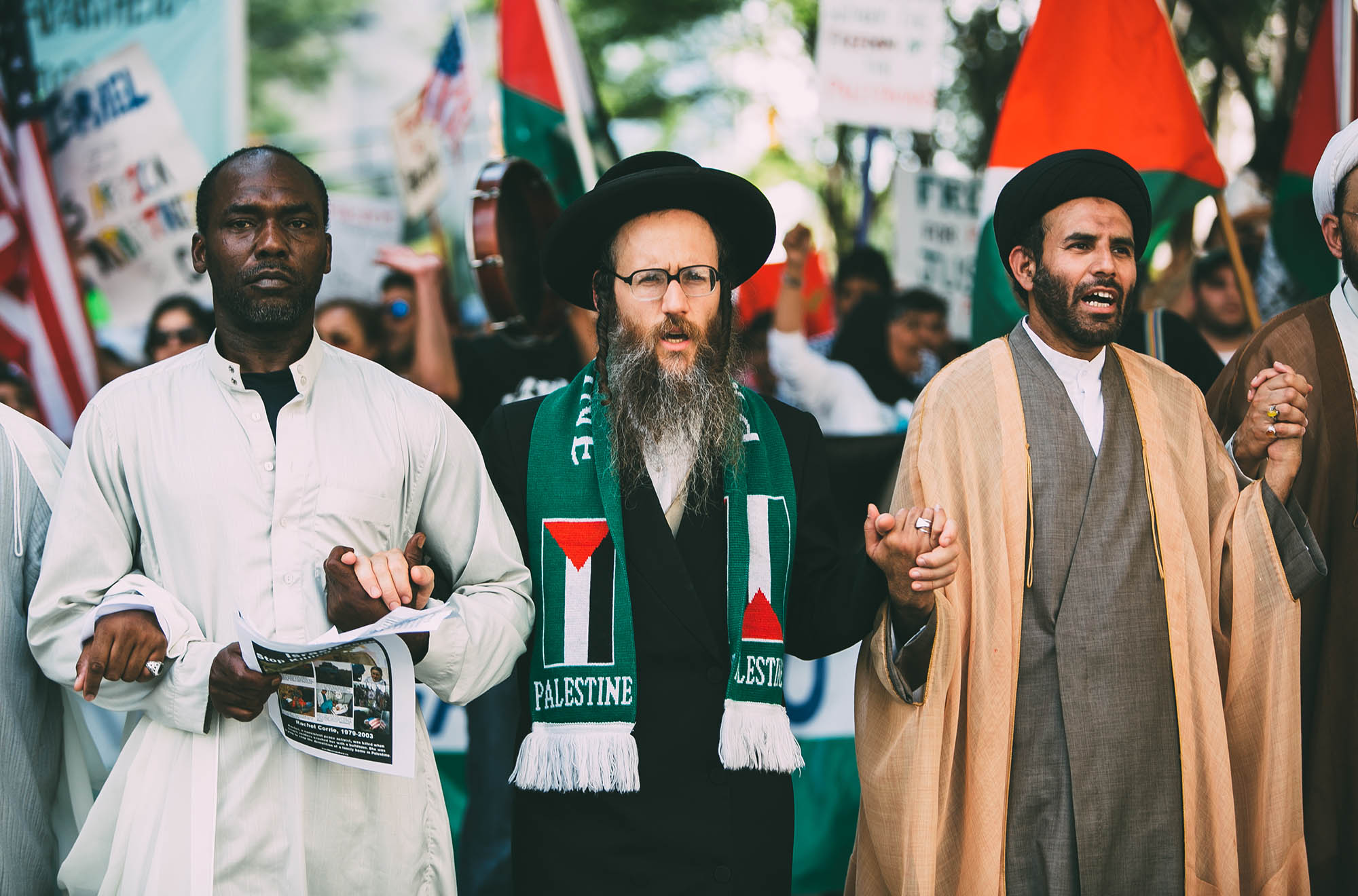Last month three “straight-A” Muslim teenagers fled their London homes to join the Islamic State (ISIS) in Syria. Their horror-stricken families made earnest appeals through the media, begging them to come home. Although there seem to have been failures in the police’s handling of the case, the families must also have known deep down that their entreaties to their girls were too little, too late.[1]
This problem has occurred in America, Canada and other European countries besides Britain, prompting our commentators to ponder aloud what more can be done to win the “ideological war” against ISIS. How can our Muslim parents better prepare their youth to resist the Islamic State’s siren song, they ask, and how can society at large support their efforts?
Although there are doubtless many other things involved in winning the ideological war against jihadism, none is more vital or more basic than this: we must be utterly fair and truthful in what we say about ISIS.
Not that our need to be fair to other religions and sects relates only to ISIS. The more fair we are in talking about any other competing group, the less power it holds over us. But this is counterintuitive and all the more so in a case where a group’s evident brutality makes us react with anger, fear and loathing. There our natural inclination is to slip into unfairness and justify our doing so in terms of the group’s attendant evils.
Whenever hostility runs high between religious communities or sects, our default setting tends to be one of dogmatism, in the most negative sense of the word, for it gives us a sense of security—albeit a false one, based on maintaining a posture of rigidity, not openness. And that makes real listening, the kind that allows for fairness, impossible. We can only verbally attack the opposing religion or sect by making it appear in the very worst possible light or refuse to discuss our differences. But such fight or flight approaches are very unwise, especially in dealing with ISIS. What we need instead is to show the same fairness to ISIS that we do to our own faith.
When it comes to our own religion or sect, we naturally tend to be more than fair in assessing it and may speak of it in ideal terms, in order to commend it to others. We do this because our deepest hopes and dreams are bound up in its beliefs and practices, making it simultaneously an extension of who we are and yet somehow lofty, exalted, transcendent. This can also make us quite defensive about it, closed to all criticism, except perhaps in moments of real discouragement. Our approach even to less threatening alternative religions or sects is typically different than to our own. But we do justice to another religion or sect, said Cantwell Smith, only when its adherents recognize their faith in our description of it. We should hold ourselves to that standard of fairness in all Muslim-Christian dialog and in all we say about other religions or sects, especially ISIS.
But as I’ve said, that’s not what we usually do. For most people, any serious religious commitment comes with a strong inclination to view and hence to present our own position favorably and alternatives unfavorably. This is true of Muslims, Jews and Christians of all kinds. And the greater the competition between religious groups—as with moderate and radical Muslims, for example—the more inclined we are to exalt our own understanding or sect and attack and degrade alternatives. That is, we seldom grant the same fairness and generosity of spirit to competing religions or sects that we grant our own. We seem to think the imbalance that accrues from our sharply unfavorable comparisons makes our religion or sect more appealing and its competitors less so.
Such favoritism may work well with those already committed to “our side” or with the naïve. But with everyone else, especially those who haven’t yet made a solid commitment to either side—our teenagers included—such favoritism tends to make what we say appear suspect and so undercuts its effectiveness. By the same token, when we encounter a truly fair treatment of a religion or sect by an adherent of another, we can’t help but be struck by its truthfulness and generosity of spirit. And that makes us more open to listen.
This means Muslim parents who truly want their sons or daughters to see the problem with ISIS must concentrate on giving them the fairest treatment of it possible—a treatment so truthful that supporters of ISIS would acknowledge its accuracy. Then when the kids later encounter ISIS online, they will meet no surprises there: they will find everything just as their parents said. The children of Muslim parents who do anything less than that encourage them to turn to ISIS for correction of the version they were given. And every discrepancy they find between what ISIS and their parents say about it has the effect of proving their parents wrong—either misinformed, deceived or, worse, deliberate liars—and so opening the kids up to the appeal of ISIS, the very thing their parents would have given their right arms to prevent. To think that our kids will be immune to the appeal of ISIS simply because they are our kids is folly. We are either honest and fair in our assessment of ISIS or we seriously risk losing our kids to ISIS. It’s that simple. And what I say to moderate Muslim parents applies equally to all Muslims and to the rest of us in the West as well.
In my next post in this series on understanding Islam as it exists in the world—THE DEADLIEST WEAPON ISIS HAS—I will conclude my argument for fairness in representing ISIS to our kids and to each other.
Photo: Metropolitan Police/AP
[1] http://www.theguardian.com/world/2015/feb/20/fears-london-schoolgirls-isis-syria



